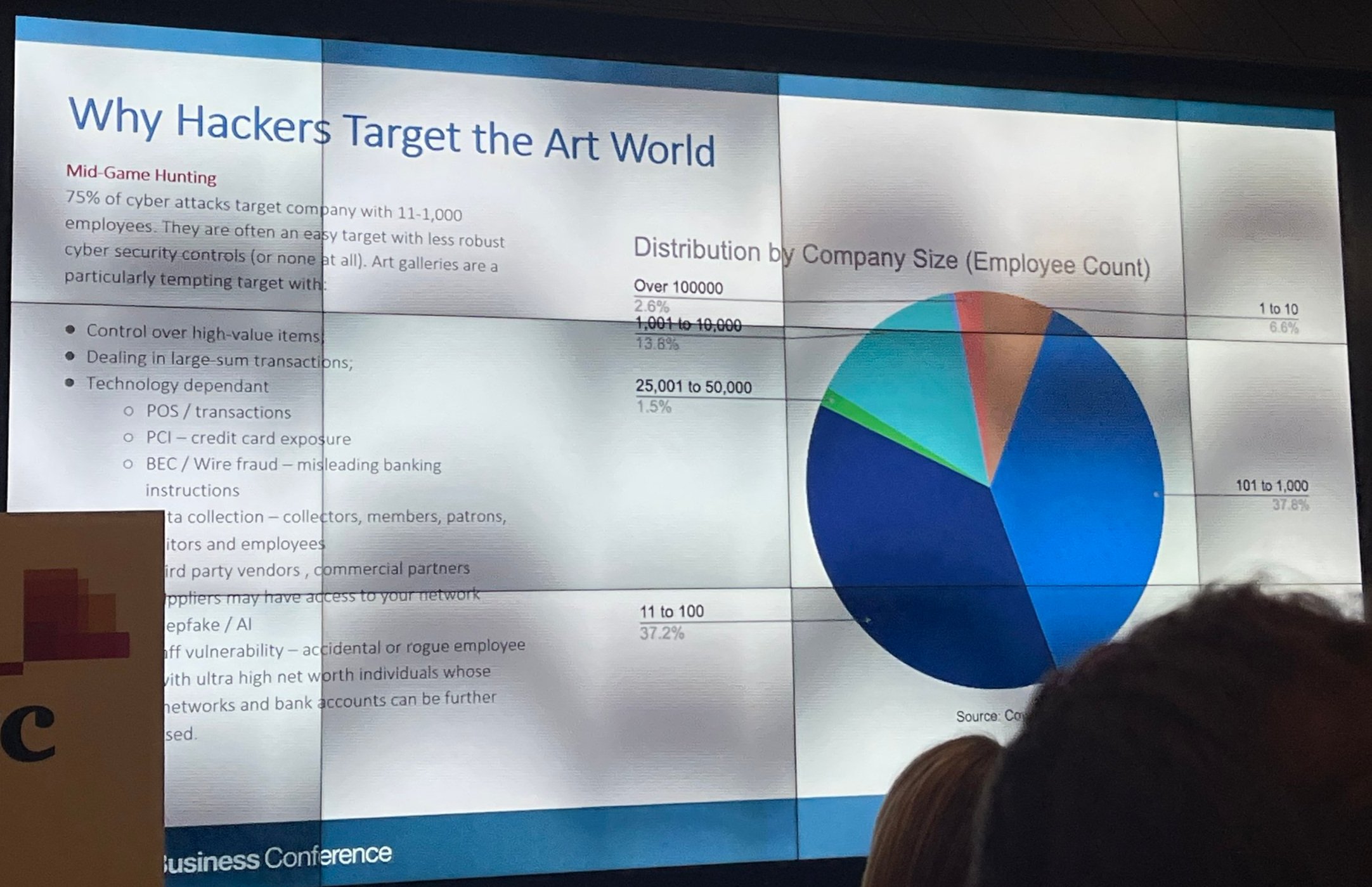Lastly, the biggest reason that sea freight will most likely not have a major impact on emissions in our sector is due to the lack of any real incentives besides “doing the right thing”. It costs about the same. It takes longer. It places more of a burden on staff. Why do it unless you have no other choice? One must have a true incentive, usually financial, to make a big impact.
The "Art" in "Artificial Intelligence"
My interest, naturally, lies in the dataset used to curate the show. In other words, the algorithm bloodhounds the internet for traces of digitized collection information from cataloged objects relevant to the prompt entered into ChatGPT. In other words, the catalog information of the collection available online. In other words, the work of registrars and collections managers.
British Museum Deaccessions!
Those of us who spend time with collections (not just in museums) know that several pieces will never wake from hibernation. While candidates for deaccessioning, removing objects could create a major image problem and also requires a large amount of work for staff. Safely storing and housing these objects similarly requires massive amounts of resources and represents a safety risk as illustrated by the British Museum.
Let's Talk About FedEx, Baby
Of course, we never want to subject high-value objects to the rigors of apathetic handling by FedEx, DHL, UPS, etc. but we can find ourselves cornered by lack of availability of options due to time sensitivity or geography or any number of reasons that eliminate a traditional art shipper as an option. Galleries and other smaller institutions may also do so for budgetary reasons or, frankly, because it more efficiently gets the job done and distributes its wares to every nook and cranny of the globe.








